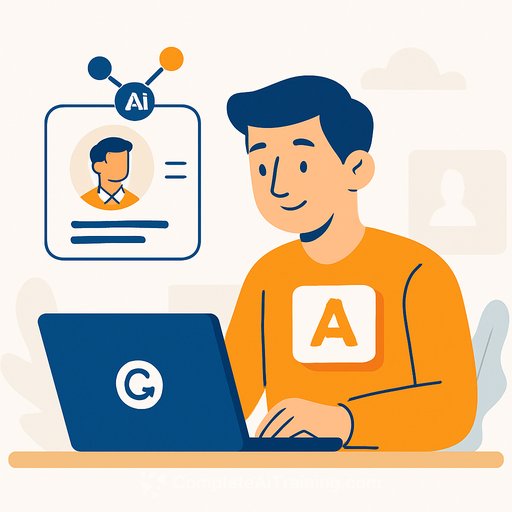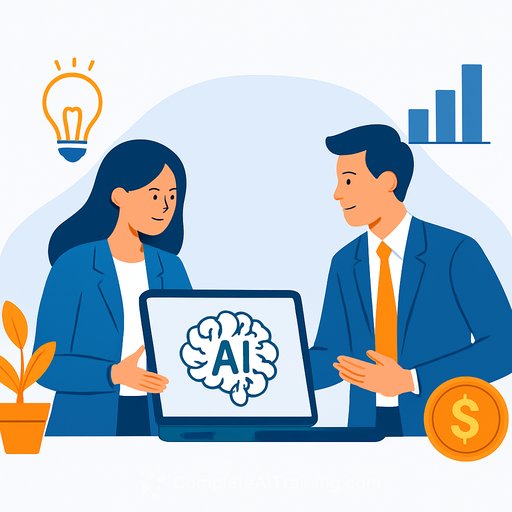Creepy AI Predicts Teachers' Grades by Looking Up Their Info
Grammarly is stepping up its AI game beyond spellchecking, now offering students an "AI grader agent" that gives personalized feedback and even predicts the grade a teacher might assign. This new feature, announced recently, uses publicly available information about instructors to tailor its evaluation of student work.
According to Grammarly, the AI asks students to input the instructor's name, institution, and class, plus upload the assignment rubric. It then "looks up" public data on the teacher, reviews their teaching priorities, and predicts the grade a student might receive. For example, the AI might say: "Predicted grade 78/100."
Is This Level of Surveillance Necessary?
The approach raises privacy concerns. The details about how much information the AI truly accesses are vague, but the idea of automatically tracking teachers to guess their grading habits feels intrusive. The feedback itself often sounds generic, such as "Contexts could be more deeply theorized" or "Now clarify the flow."
Is it really essential to monitor instructors publicly just to get a rough prediction of a grade? That’s a question educators and students might want to consider carefully.
Tools for Both Students and Educators
Interestingly, Grammarly also offers AI tools aimed at educators, including an AI Detector to identify AI-generated content and a Plagiarism Checker. While these tools are technically marketed for students, their use cases span helping teachers maintain academic integrity and helping students avoid unintentional similarities in their writing.
Another AI feature, the "AI Humanizer," helps students make AI-assisted writing sound more natural without changing the meaning. Grammarly positions these tools as preparation for a future where AI literacy is essential in education and the workplace.
Preparing Students for an AI-Driven Future
Jenny Maxwell, head of Grammarly for Education, said, "Students today need AI that enhances their capabilities without undermining their learning. Grammarly's new agents fill this gap. By teaching students how to work effectively with AI now, we're preparing them for a workplace where AI literacy will be essential."
These AI agents will be available for both Free and Pro Grammarly users through the platform’s new AI-native writing surface, launching just in time for the fall semester.
What Educators Should Keep in Mind
- Understand the implications of AI tools that predict grading by analyzing publicly available instructor info.
- Consider the privacy and ethical concerns with automated surveillance of teaching preferences.
- Use AI detection and plagiarism tools to uphold academic standards.
- Guide students on responsible AI use to enhance learning without replacing critical thinking.
For educators and students looking to expand their knowledge on AI tools in education, exploring courses on AI literacy and ethical AI use can be helpful. Resources such as Complete AI Training’s latest AI courses offer practical guidance on integrating AI responsibly in academic settings.
Your membership also unlocks:





